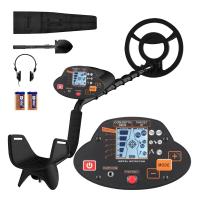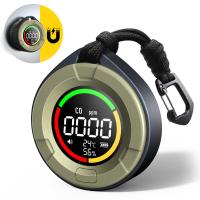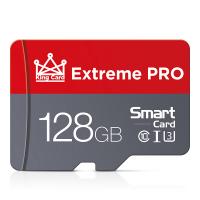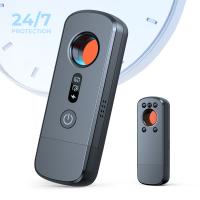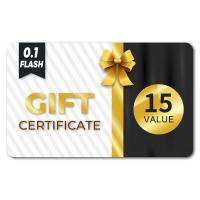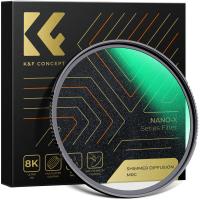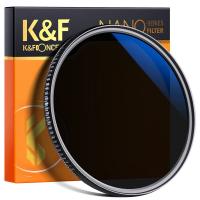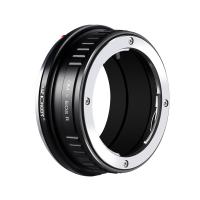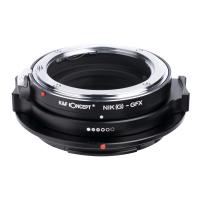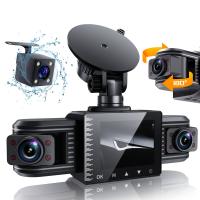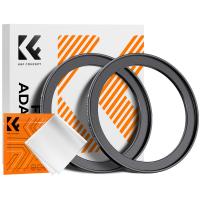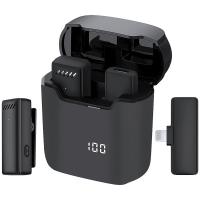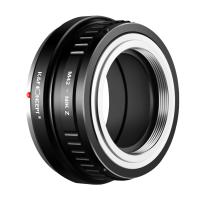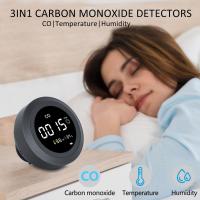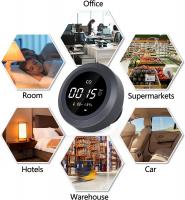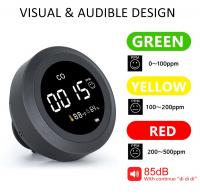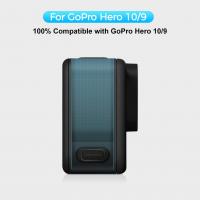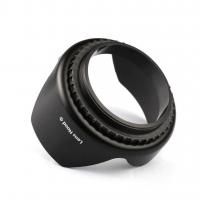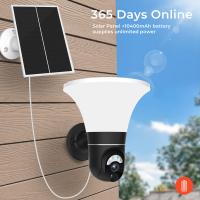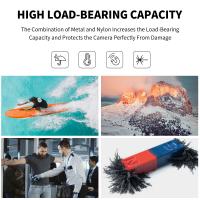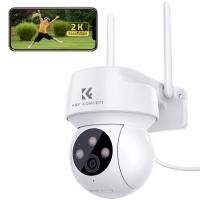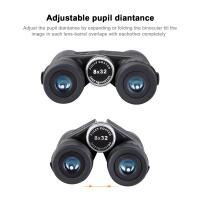Where Can I Find Carbon Monoxide Detectors?
A Comprehensive Guide to Finding and Choosing Carbon Monoxide Detectors
Carbon monoxide (CO) is a silent and deadly hazard that affects many households and workplaces worldwide. Known as the "invisible killer," carbon monoxide is odorless, tasteless, and colorless, making it impossible for humans to detect without the right equipment. Installing a reliable carbon monoxide detector is one of the simplest yet most effective ways to protect yourself and your loved ones from this dangerous gas. However, many people are unsure where to find these lifesaving devices and what factors to consider when purchasing them.
If you’re asking, “Where can I find carbon monoxide detectors?” or wondering what kind to purchase, this guide will provide a detailed answer and help you make an informed decision. By the end of this article, you’ll know exactly where to purchase carbon monoxide detectors, what features to look for, and why they are an essential part of home safety systems.
---
1. Where to Find Carbon Monoxide Detectors
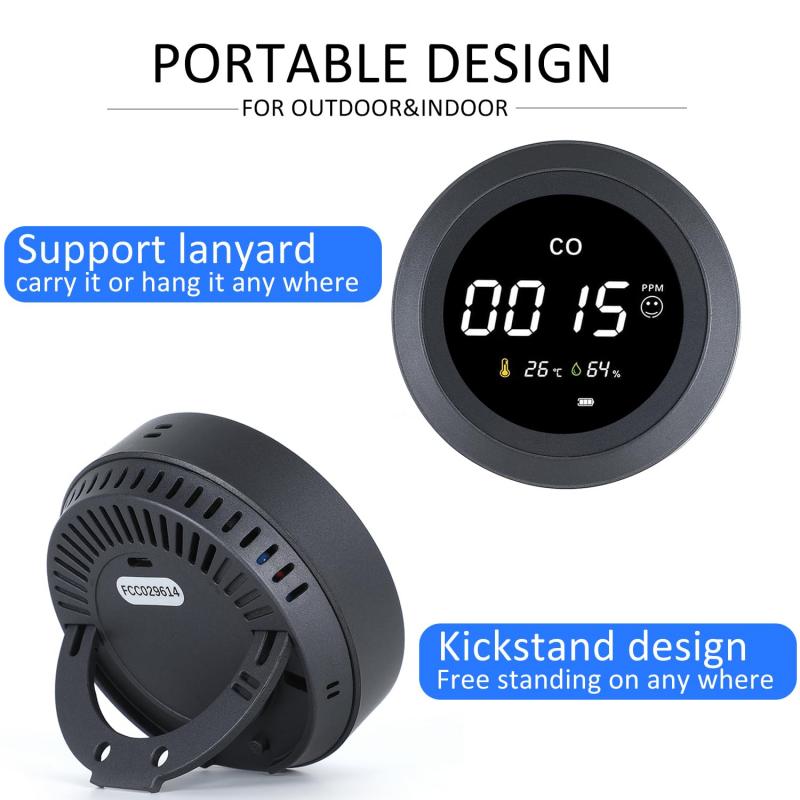
Carbon monoxide detectors are widely available, and you can find them at numerous reliable sources. Below is a breakdown of the most common places to purchase them:
a. Physical Retail Stores
Physical stores are often the first stop for many people looking to purchase carbon monoxide detectors. They allow you to see the product up close and even discuss options with in-store experts. Some popular locations include:
- Home Improvement Stores: Retailers like Home Depot, Lowe’s, and Menards often stock carbon monoxide detectors, which are typically available in their home safety or electrical sections. These stores usually carry a broad selection of brands and models to suit different budgets and needs.
- General Retail Stores: Big-box stores like Walmart and Target often carry carbon monoxide detectors in their homeware or electronics departments. These locations are ideal if you're looking for basic, budget-friendly options.
- Electronics and Appliance Stores: Some electronics retailers, such as Best Buy, also sell carbon monoxide detectors, particularly smart models that integrate with IoT (Internet of Things) systems or home automation setups.
- Local Hardware Stores: If you prefer supporting smaller, community-oriented businesses, local hardware stores often stock carbon monoxide detectors. While their selection might be more limited, they can also offer personalized advice on installation and use.
b. Online Retail Platforms
The internet has revolutionized shopping for every product, and carbon monoxide detectors are no exception. Online shopping offers great convenience and access to a diverse range of products. Some popular platforms include:
- Amazon: Known for its vast inventory, Amazon is one of the most convenient places to shop for carbon monoxide detectors. It offers various brands, price points, and customer reviews that can help inform your purchase. Plus, Prime members benefit from fast delivery options.
- Home Improvement Store Websites: Retailers like Home Depot and Lowe’s also allow customers to purchase carbon monoxide detectors online, often with the option for in-store pickup or home delivery.
- Specialty Websites: Websites dedicated to home safety or fire protection equipment, such as First Alert or Kidde (popular brands of safety devices), often provide a direct-to-consumer sales option.
- Other Online Retailers: Platforms like Walmart.com, Target.com, and Newegg also sell carbon monoxide detectors and may even offer discounts and bundled packages.
c. Specialized Safety and Security Providers
In addition to general stores, some companies specialize exclusively in safety devices, alarm systems, and related equipment. These companies may offer higher-end models or integrated systems that combine smoke alarms, carbon monoxide detectors, and security systems into one.
d. Utility Companies or Local Programs
Certain utility companies or government agencies provide carbon monoxide detectors either for free or at significantly reduced costs as part of public safety initiatives. Check with your local energy provider or fire department for any ongoing programs in your area.
---
2. Key Features to Consider Before Purchasing
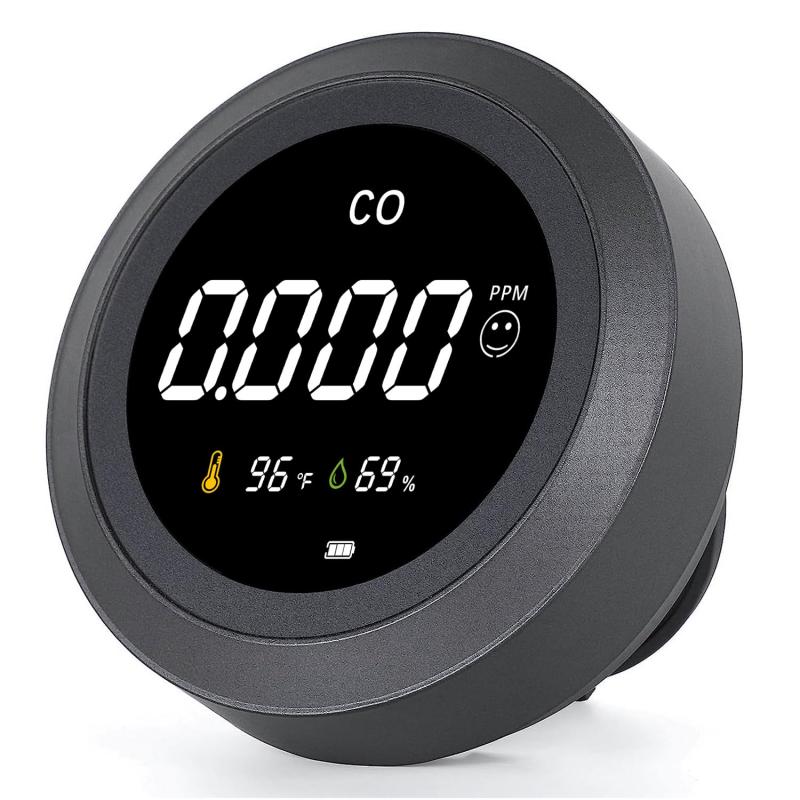
Finding a carbon monoxide detector is only the first step. Choosing the right one for your home or workspace requires understanding key features and differentiators. Here’s what to look for:
a. Power Source
- Battery-Powered: These detectors are highly versatile and can be installed almost anywhere. They are also essential during power outages but require regular battery checks and replacements.
- Plug-In Models: Plug-in detectors are easy to install and use in standard electrical outlets. Many come with a battery backup in case of power failure.
- Hardwired Detectors: These detectors are wired directly into your home’s electrical system, often installed by professionals. They typically include battery backups and are ideal for permanent use.
b. Combination Devices
Some models combine carbon monoxide detection with smoke alarms, offering two essential safety functions in one device. While these can be convenient and space-saving, ensure that the detector’s CO-sensing capabilities meet the necessary standards.
c. Location Compatibility
Certain models are designed specifically for particular rooms, such as basements, garages, or kitchens. Choose one that suits the environment where it will be installed.
d. Smart Features
For tech-savvy homeowners, investing in a smart carbon monoxide detector might be worthwhile. These devices can:
- Sync with home automation systems.
- Provide remote alerts via a smartphone app.
- Integrate with voice assistants like Alexa or Google Home.
e. Certifications
Look for detectors certified by recognized testing laboratories, such as UL (Underwriters Laboratories) or CSA (Canadian Standards Association). These certifications ensure that the product meets rigorous safety standards.
f. Digital Displays
Some detectors come with built-in displays that show real-time CO levels. This feature is especially useful if you want immediate feedback about your home’s air quality.
---
3. Installation and Maintenance Tips
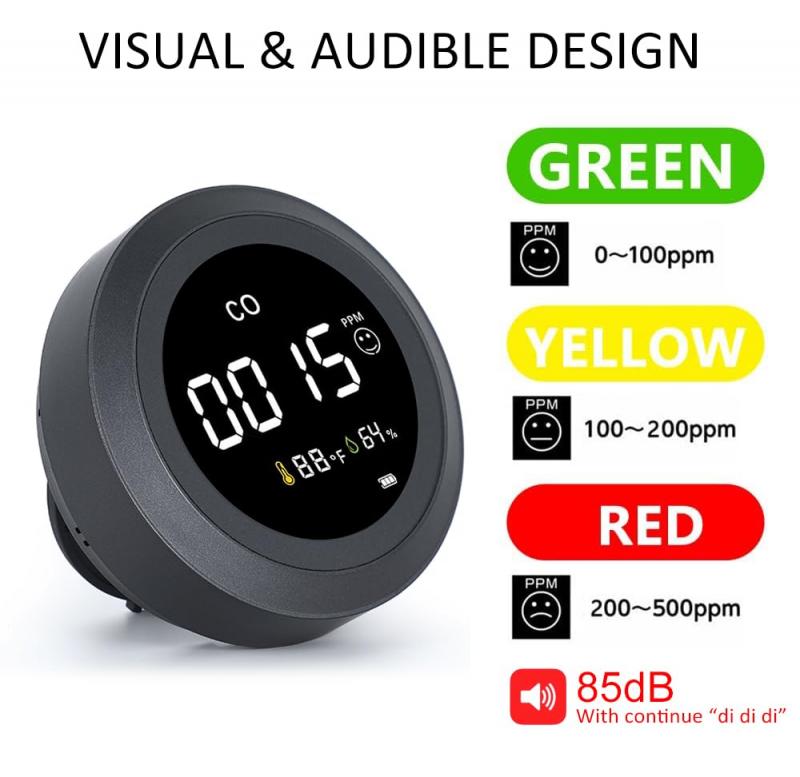
Purchasing a high-quality carbon monoxide detector is only part of the safety equation. Proper installation and regular maintenance are equally important. Here are key tips to consider:
a. Installation Locations
- Place detectors near bedrooms so the alarm can wake you up in the event of carbon monoxide presence.
- Install at least one CO detector on every level of your home, including the basement and garage.
- Avoid placing detectors too close to appliances like stoves or fireplaces, as temporary bursts of CO could lead to false alarms.
b. Regular Testing
Test your carbon monoxide detector at least once a month by pressing the test button. Familiarize yourself with the alarm sound so you can react promptly if triggered.
c. Battery Replacement
For battery-operated models, replace batteries according to the manufacturer’s recommendations, often once a year or when the device begins chirping.
d. Device Lifespan
Carbon monoxide detectors typically have a lifespan of 5-10 years. Check the manufacturing date and replace the unit when necessary.
e. Monitor Air Circulation
Ensure that chimneys, vents, and HVAC systems are regularly maintained to prevent CO buildup from fuel-burning appliances.
---
4. Why Carbon Monoxide Detectors Are Non-Negotiable
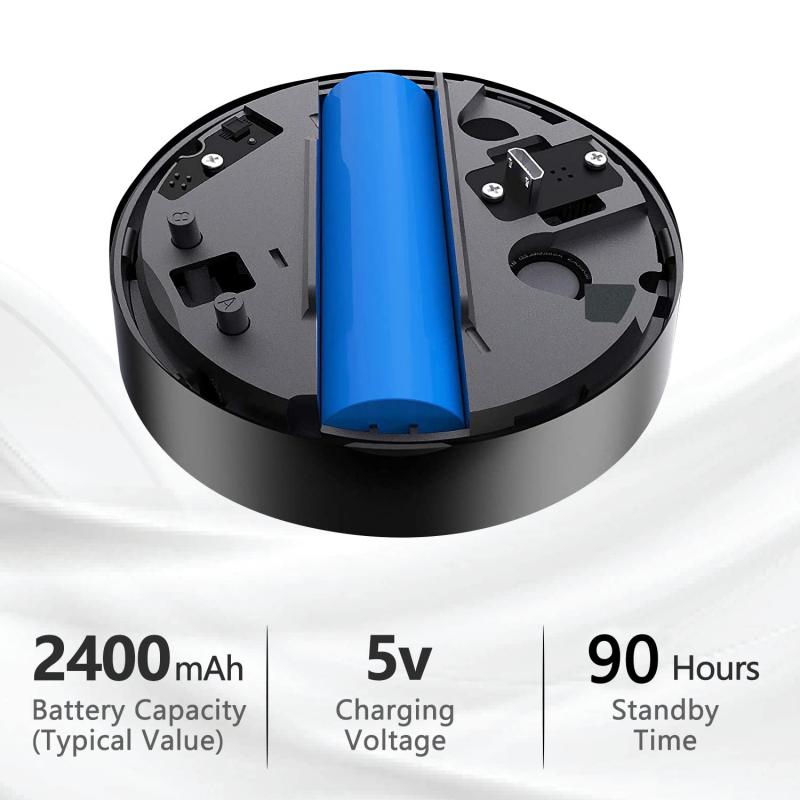
You might be tempted to question whether a carbon monoxide detector is truly necessary. Here are solid reasons why every home and workplace should have at least one:
- Early Detection Saves Lives: CO poisoning symptoms—such as headaches, dizziness, and nausea—are often mistaken for other illnesses. A detector provides early warnings so you can evacuate and address the issue immediately.
- Affordable Safety: Starting at just $20 for basic units, carbon monoxide detectors are a low-cost way to invest in your family’s safety.
- Legal Requirements: In many states and municipalities, installing carbon monoxide detectors is not just a recommendation—it’s a legal obligation for residential and rental properties.
---
Final Thoughts
Carbon monoxide detectors play a vital role in protecting you from a potentially fatal hazard. Thankfully, finding one is simple as they are readily available both in-person and online. When purchasing, consider the specific needs of your home and lifestyle, including features like power source, certifications, and smart capabilities. Remember, a reliable carbon monoxide detector isn’t just a convenience—it’s a necessity that can save lives.
Whether you decide to buy your detector from a local hardware store or an online retailer, don’t delay. Taking this small step today could make a world of difference tomorrow. Stay proactive, stay informed, and above all, stay safe. Your life—and the lives of your loved ones—are worth it.

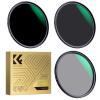

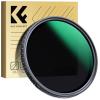
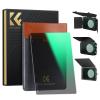
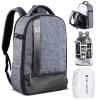
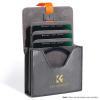
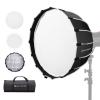
![Carbon Monoxide Detectors Portable Temperature Detector/Humidity Sensor/Air Quality Meter Smoke CO Gas Monitor [3 in 1] Alarm for Home Bedroom Office in-car Camping Indoor Outdoor Carbon Monoxide Detectors Portable Temperature Detector/Humidity Sensor/Air Quality Meter Smoke CO Gas Monitor [3 in 1] Alarm for Home Bedroom Office in-car Camping Indoor Outdoor](https://img.kentfaith.com/cache/catalog/products/us/GW40.0007/GW40.0007-1-200x200.jpg)
